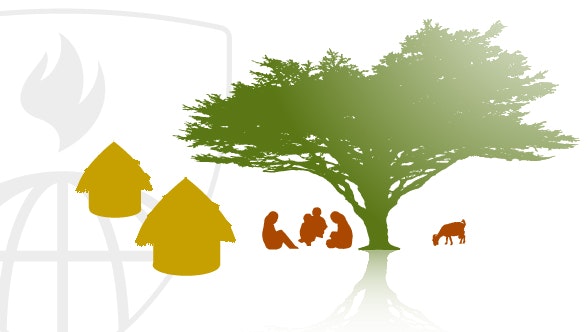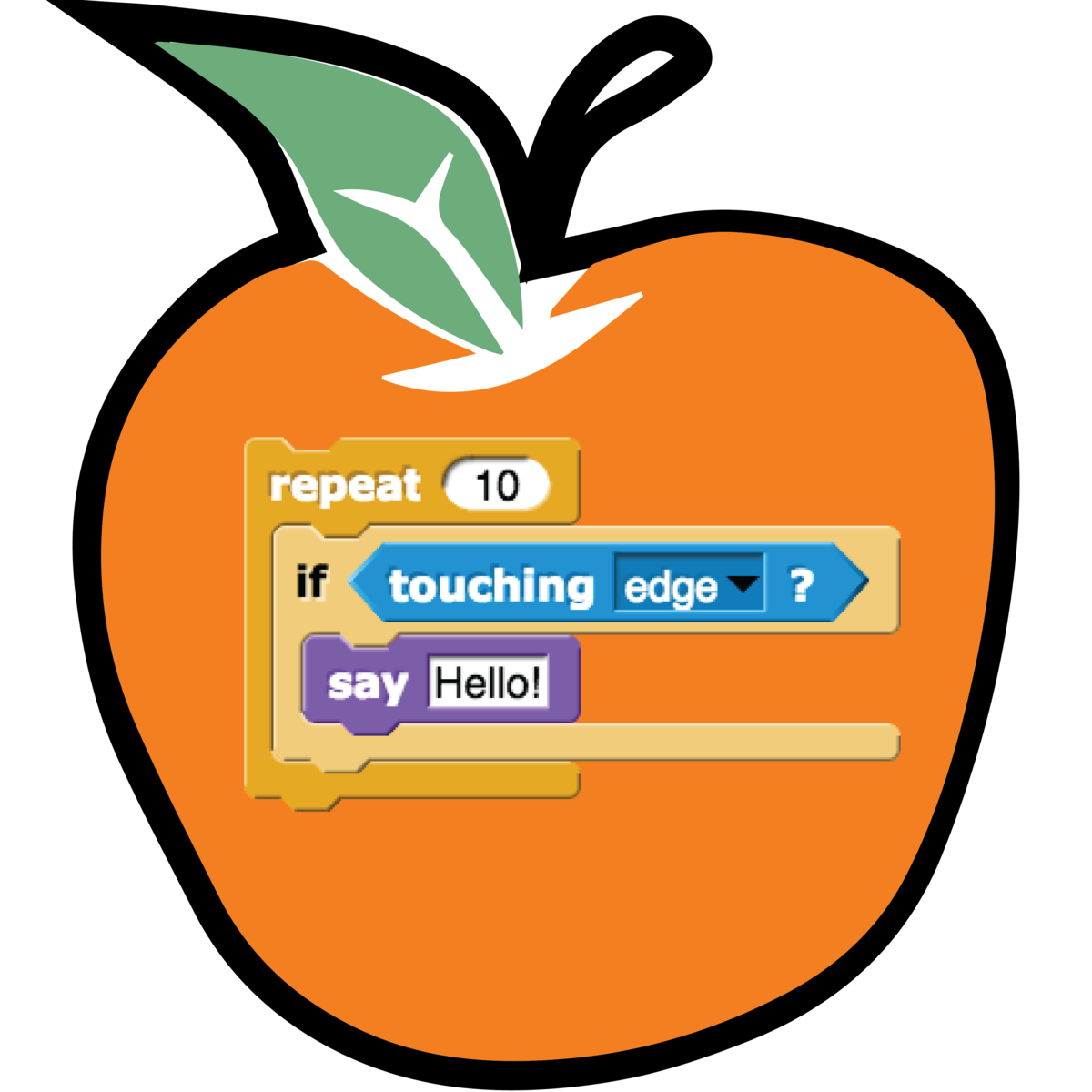Back to Courses









Social Sciences Courses - Page 18
Showing results 171-180 of 672

Community Change in Public Health
In bringing about behavior change in public health, we often focus on the individual mother, student, or farmer. We should not forget the community structure and norms constrain for encouraging individual health behaviors. This course examines the community context of the changes needed to promote the public’s health. We begin by examining the various definitions of ‘community’ and the processes by which we ‘diagnose’ or seek to understand the structure and characteristics of different types of communities.
An appreciation of community similarities and differences is necessary lest we fall into the trap of designing one-size-fits-all interventions. We need to recognize that no matter that outsiders may view a community as poor or neglected, we can find strengths and capacities for improvement in each community. Identifying community capacities and resources is the first step in facilitating community change. Different practical and philosophical approaches to change and therefore, examined. Specific to the change process is our recognition of the need for communities to participate in the design, implementation and evaluation of any intervention.
We examine the concept of participation in an effort to see how different levels of involvement may affect sustainability of community change efforts. Finally a case study of a community participatory approach to onchocerciasis control in Africa is presented. Community Directed Intervention has subsequently been successfully applied to providing other essential primary health care services by and in the community, such as insecticide treated bednets, malaria treatment, vitamin A distribution, deworming medicines, and pneumonia and diarrhea case management.

Foundations of Teaching for Learning: Being a Teacher
The Foundations of Teaching for Learning programme is for anyone who is teaching, or who would like to teach, in any subject and any context - be it at school, at home or in the workplace. With dynamic lessons taught by established and respected professionals from across the Commonwealth, this eight course programme will see you develop and strengthen your skills in teaching, professionalism, assessment, and more. As you carry on through the programme, you will find yourself strengthening not only your skills, but your connection with colleagues across the globe. A professional development opportunity not to be missed.
How we teach has its foundation in how we were taught and how we learned. This course provides an opportunity for you to reflect on your personal and professional development as a teacher. Through reflection and portfolio development you will enhance your knowledge and understanding of how to promote learning.
Enhance your course by joining the Commonwealth teaching community on our website, Facebook and Twitter.

Teach English Now! Lesson Design and Assessment
Learners will be introduced to designing lesson plans based on principles and knowledge of learning objectives, assessment plans, methods, materials, and learning activities. Learners will find and prepare appropriate teaching materials through careful analysis, adaptation and creation of professional resources. Learners will also reflect on the cohesion between lesson design and teaching philosophies.

Primate Conservation
We are presently facing a potential extinction crisis for the order Primates (and many other life forms). In this course we will learn about threats to primate conservation globally. We will be using the, “Primates in Peril: The World’s 25 Most Endangered Primates 2018-2020” by Schwitzer et al. (2019) as a basis for the discussion of global primate populations. We will investigate conservation status, threats to conservations, success and failures within protecting our closest evolutionary cousins.

Interactive eLearning and Assessment with Edulastic
By the end of this project, you will be ready to use Edulastic to identify gaps and measure growth as your students learn. With Edulastic, you can not only assess and measure your students’ progress, but you can also differentiate student assignments. Each student in your class will receive instruction in any subject that is tailored to their unique learning needs. Edulastic is essential for distance learning but also valuable for learning in the classroom, whether you use a hybrid model or are looking for ways to engage students with content at home. Throughout each task, we will work together to ensure that you are ready to use Edulastic with your students right away.

The French Revolution
The French Revolution was one of the most important upheavals in world history. This course examines its origins, course and outcomes.
This course is designed for you to work through successfully on your own. However you will not be alone on this journey. Use the resources included in the course and take part in the suggested learning activities to get the most out of your learning. To successfully complete this course, it is recommended that you devote at least six hours to every module over the six weeks of the course. In that time you should watch the video lectures, reflect and respond to in-video pause points, and complete the quizzes.
As part of the required reading for this course, during each week of this course you will have free access to a chapter of Peter McPhee's textbook, The French Revolution, which is also available for purchase as an e-book.
View the MOOC promotional video here: http://tinyurl.com/gstw4vv

Computational Thinking for K-12 Educators: Variables and Nested Loops
How can students learn about abstraction by creating a movie scene? Or make an interactive map using lists? You'll learn (and do it yourself) in this course!
This class teaches the concepts of abstraction (methods and parameters) and lists. For each concept, we'll start by helping you connect real-world experiences you are already familiar with to the programming concept you are about to learn. Next, through a cognitively scaffolded process we'll engage you in developing your fluency with problem solving with abstraction and lists in a way that keeps frustration at a minimum.
Along the way you will learn about the common challenges or "bugs" students have with these concepts as well as ways to help them find and fix those concepts. You'll also be guided in running classroom discussions to help students develop deeper understanding of these concepts.
Finally, you'll learn about the importance and logistics of assigning creative, student-designed programming projects.
Additionally, you will create a personal plan for increasing your skills in supporting a culturally responsive learning environment in your classroom.

European Business Law: Competing in Europe
About this Course
This six-week course titled Competing in Europe is the third in a series of three exploring some of the main business aspects of European Union law. Besides providing learners with a sound knowledge base of European laws and regulations, the series explores business considerations within a broader perspective by including inputs from leading law practitioners in the field. More specifically, the third course discusses how to compete on the internal market and protect your brand, product or invention. It includes legal disciplines such as Intellectual Property law (IP law), Competition law and specific branches within Public law, such as public procurement and state aid.
At the end of this course, you will have a basic understanding of how to:
• Find and understand relevant laws and regulations governing the internal European Union market
• Protect and defend a company’s products, brands and inventions by obtaining and licensing trademarks and patents
• Create a competitive edge for a company and apply the basic principles of EU competition law
• Construct and present a persuasive legal argument
About the Series
The Lund series in European Business Law ranges from considering the basic structures and principles of the European Union to focusing on specialized areas of European Union law. The first course, Understanding the Fundamentals, examines the core structures and principles of the European Union. The second course, Doing Business in Europe, examines legal areas such as Company law, Labour law, Tax law, Environmental law and Private International law, and how they tie in to doing business in Europe. All three courses can be taken independently or in sequence depending on your needs and preferences.
To keep up to speed on the course series, visit our Facebook page at:
https://www.facebook.com/eblmooc/
Syllabus and Format
Each course consists of a number of modules where one module represents about one week of work. A module includes a number of lectures and readings, and finishes with an assessment – a quiz or a peer graded assignment. The assessments are intended to encourage learning and ensure that you understand the material of the course. Participating in forum discussions is voluntary.
Course I - Understanding the Fundamentals
Module 1. Introduction
Module 2. Legal Method and Sources
Module 3. Constitutional Freedoms and Fundamental principles
Module 4. Enforcement of EU Law and Judicial Review
Module 5. Freedom of Movement
Module 6. The External Dimension
Course II - Doing Business in Europe
Module 1. Making Business Transactions
Module 2. Establishing a Company
Module 3. Employing and Working in Europe
Module 4. Paying Taxes and Complying with Environmental Standards
Module 5. Resolving Cross-border Disputes
Module 6. Case Clinic
Course III - Competing in Europe
Module 1. Obtaining Trademarks
Module 2. Defending Patents
Module 3. Competition: Illegal Agreements
Module 4. Competition: Abuse of Dominance and Mergers
Module 5. Selling to the State and State Aid
Module 6. Advocacy and Legal Writing
Lund University
Lund University was founded in 1666 and has for a number of years been ranked among the world’s top 100 universities. The University has 47 700 students and 7 500 staff based in Lund, Sweden. Lund University unites tradition with a modern, dynamic, and highly international profile. With eight different faculties and numerous research centers and specialized institutes, Lund is the strongest research university in Sweden and one of Scandinavia's largest institutions for education and research. The university annually attracts a large number of international students and offers a wide range of courses and programmes taught in English.
The Faculty of Law is one of Lund University’s four original faculties, dating back to 1666. It is a modern faculty with an international profile, welcoming both international and Swedish students. Education, research and interaction with the surrounding community are the main focus of the Faculty’s work. The connection between the three is particularly apparent in the programmes and courses offered by the university, including the university’s MOOC course in European Business Law. The students get the chance to engross themselves in traditional legal studies, while interacting with both researchers and professionally active lawyers with qualifications and experience from various areas of law.
The faculty offers three international Masters: two 2-year Master’s programmes in International Human Rights Law and European Business Law, and a 1-year Master’s in European and International Tax Law. Students from around 40 countries take part in the programmes which offer a unique subject specialization within each field, with highly qualified researchers and professional legal practitioners engaged in the teaching.
The Master’s programme in European Business Law provides an in-depth understanding of both the practical and the theoretical aspects of business law within the European Union. The programme provides both general and specific knowledge of the European Union legal framework, which is necessary for students intending to work as legal advisors or business decision-makers. The programme is delivered in English and is open to students with at least a three year degree in Law (Bachelor, LL.B, or equivalent) who want to specialise in European economic and business law.
The MOOC course in European Business Law is a great course to start with for students intending to apply for the Master’s programme in European Business Law. Even though the MOOC course does not grant credits previous knowledge of the subject is considered upon admission to the master’s programme. For more information about the Master’s programme in European Business Law see https://www.law.lu.se/#!meb

Structural Racism: Causes of Health Inequities in the U.S.
Racial health disparities - differences in health outcomes based on race - are rampant in the U.S., and many incorrectly assume these are due to differences in behavior or genetics. To understand these differences, and ultimately identify solutions to eliminate these disparities, we need to dig deeper and look at the root causes. We need to examine how our socio-political institutions have racial inequities embedded within their policies and practices. We need to re-examine history to learn how and why race was created and how it was used to advance the interests of whites. We need to examine how state violence is selectively used to reinforce racial inequities.
Learners in this course will be guided through these examinations in order to gain a deeper understanding of why health disparities exist in the U.S. and what will be necessary to eliminate these disparities. Answering questions pertaining to course materials will give learners the opportunity to self-reflect in an effort to deepen their thinking about health inequities.
Additionally, course assignments will give learners the opportunity to practice advocacy skills through the creation of writing products intended to convince decision-makers to change their perspective. To fix the problem we need to accurately diagnose it, and this course will help learners diagnose the root causes of the problem.
By the end of this course, learners will be able to:
- Describe the impact of structural racism on individuals.
- Identify policies and events that shaped current racial health inequities.
- Discuss how historical events contributed to current racial health inequities.
- Describe how inequities in institutions like schools, businesses, and policing contribute to current racial health inequities.
- Apply public writing strategies to work against racial inequities in health.

Cities are back in town : urban sociology for a globalizing urban world
Urbanization is reaching a new peak in the contemporary world with the rise of mega cities. Researchers try to make sense of these large urban areas using a variety of concepts. The class will review debates and present social science models of cities to analyse and compare contemporary developments.
General Overview Help Center
Urbanization is reaching a new peak in the contemporary world with the rise of mega cities. Researchers try to make sense of these large urban areas using a variety of concepts. The class will review debates and present social science models of cities to analyse and compare contemporary developments.
Globalization, Europeanization processes support the rapid developments of cities in different part of the world. Urbanization is reaching a new high in the contemporary world with the rise of mega cities (beyond 15 million inhabitants) such as Calcutta, Los Angeles, Dhaka, Cairo, Tokyo, New York, Shanghai, Mexico or Seoul. Beyond the modern metropolis, researchers try to make sense of these large urban areas using a variety of concepts such as the ‘postmetropolis’, ‘global cities’, and ‘global city-regions’. The class will review debates and present social science models of cities and metropolis to analyse and compare contemporary developments. How can do we study those cities when they become mega urban regions, does size matter and for what? Do we see the making of a vast urban world or by contrast beyond the apparent convergence of complex globalisation processes understood in relation to globalised capitalism, is it possible to identify masked differentiations and the strengthening of different urban worlds? How do we make sense of this urban world when cities are not independent units but have to be understood both in terms of territories, rootedness, and at the same time in terms of relations to take into account flux, mobility, circulations ? What is the relevance of social science concepts developed in the Western world to analyse the transformation of Lagos? To what extent may the systematic development of new forms of comparison between northern cities and cities from the South change social sciences and contribute to overcome the bias towards national comparison?
For the time being, given current conditions of capitalism, political, economic, cultural and social questions are increasingly becoming urban questions. In the modern conception of the world/globalcity, characterised by size, the aggregation of housing, differentiated divisions of labour, and the density of interaction, several conceptions of cities exist which have become entangled and sometimes opposed to each other. These different conceptions underline different processes of integration: the material city of walls, squares, houses, roads, light, utilities, buildings, waste, and physical infrastructure; the cultural city in terms of imaginations, differences, representations, ideas, symbols, arts, texts, senses, religion, and aesthetics; the politics and policies of the city in terms of domination, power, government, mobilisation, public policies, welfare, education; the social city of riots, ethnic, economic and gender inequalities, everyday life and social movements; and the economy of the city : the division of labour, scale, production, consumption, trade.....
Classic urban questions about inequalities, housing, government, integration, are combined with issues about the urban fabric, questions of mobility and rootedness, sustainable development and risks, the making of the cyborg cities, questions of social control and riots, urban culture, innovation and urban economic development.
All video produced by Sciences Po for this Mooc are under Creative Commons (BY / NC / SA)
Recommended Background
The course is designed for undergraduates but it also will interest graduates and professionals concerned in urban issues.
The course is organized in 8 sequences and displays multimedia contents (images, video, original documents). There will be also assignments that consist in participating to discussions related to theoretical models presented in the course based on case studies of your choice, and peer assessments on your contributions.
Syllabus :
Week #1 : Introduction, definition, urban questions and the use of models
Week #2 : European cities and the weberian model of integration
Week #3 : Colonial and post colonial cities
Week #4 : Industrial cities (and Socialist cities) and Marxist models
Week #5 : The American metropolis and the Chicago School,
Week #6 : Post metropolis, fragments and differences
Week #7 : Global cities and mega cities
Week #8 : Smart cities and the sociology of science and technology
Popular Internships and Jobs by Categories
Browse
© 2024 BoostGrad | All rights reserved


